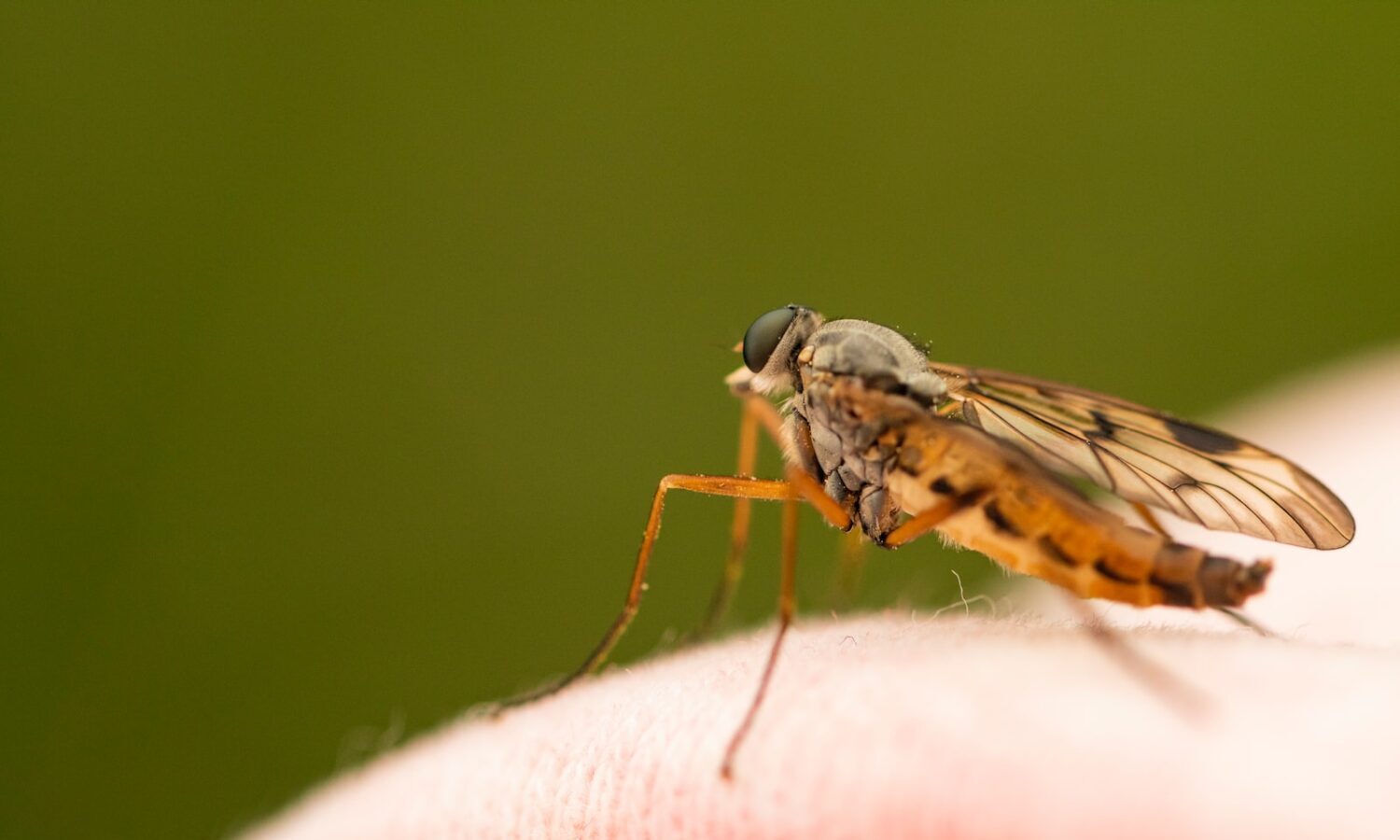
Some people attract more mosquitoes than others. Or so they say. But researchers found that this statement might have some merit and that it’s possible for mosquitoes to have some preferences in the humans they bite.
While theories suggest that blood type, clothing and bacteria have parts to play when it comes to mosquitoes’ decision to bite humans, a new study suggests that smell has something to do with this.

The study, published in the journal Cell, suggests that mosquito preference is based on someone’s smell. Sadly, it might be something that’s innate in people and thus something they can’t change or influence over the course of their lives.
The study was conducted over a three year period and involved eight participants who would wear nylon stockings over their arms for six days. Researchers would then take these stockings and expose them to mosquitoes in order to see which stocking they would naturally gravitate towards.
RELATED: People Who Use These Products Have A Higher Risk Of Uterine Cancer
Researchers found that one of the participants in particular was four times more attractive to mosquitos than the runner-up participant. They were also 100 times more attractive than the least attractive participant.
In a statement from Rockefeller University, the study’s lead author, Leslie Vosshall, wrote about carboxylic acid, an element that the subjects that mosquitoes loved produced in larger quantities. “There’s a very, very strong association between having large quantities of these fatty acids on your skin and being a mosquito magnet,” she said.
Researchers said that they wanted to see if mosquitoes would be attracted to different people, but that wasn’t the case. Results showed that mosquito magnets are likely to remain that way throughout their lives, thus being more exposed to various diseases.
RELATED: Eating Dinner At This Time Is Best For Weight Loss, Finds New Study
“Some subjects were in the study for several years, and we saw that if they were a mosquito magnet, they remained a mosquito magnet,” said Maria Elena De Obaldia, another of the study’s authors. “Many things could have changed about the subject or their behaviors over that time, but this was a very stable property of the person.”
Still, the research could prove useful in the future, especially when it comes to making effective mosquito repellents.




